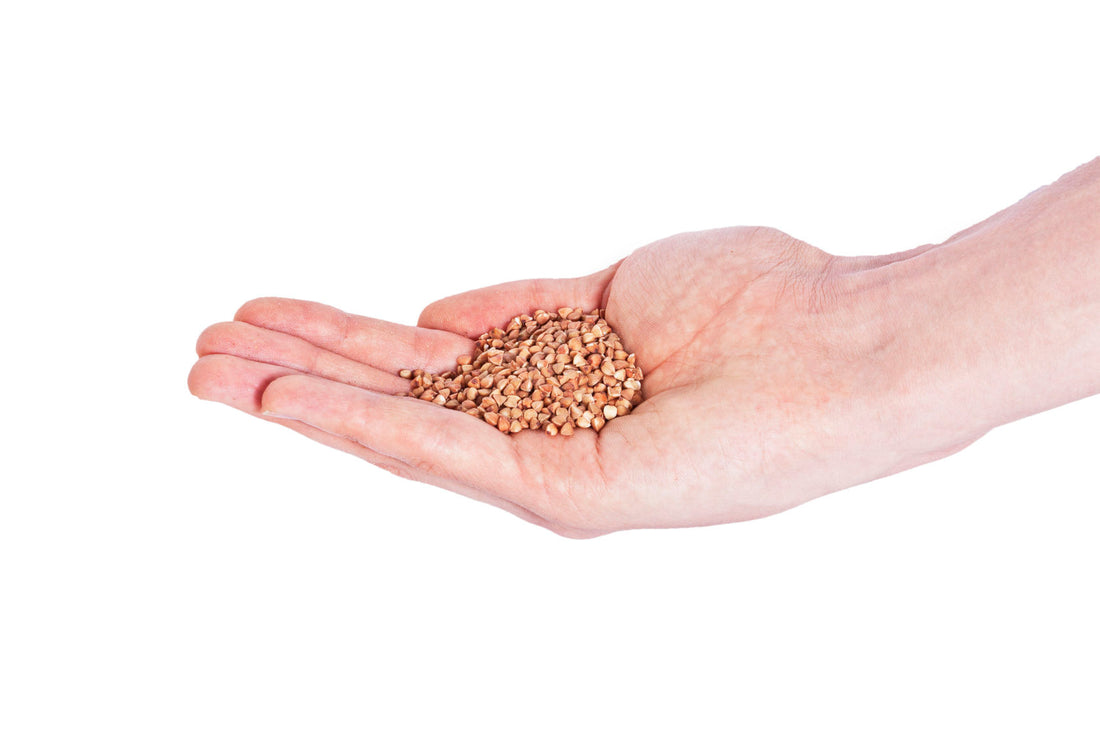
Trace Minerals: The Basics
Minerals help your body carry out its daily functions and processes in the most efficient and beneficial way possible. There is literally no bodily process that can operate at its best without the right amounts of minerals. They are that critical to your body’s daily functioning.
If your body doesn’t get enough, or gets too much, of any of the critical nutrients, you increase your risk of disease or other medical problems. For this reason, minerals can have a significant impact on blood pressure, weight management, cancer prevention, depression, pain, PMS and digestion, to name a few.
Sodium, potassium, phosphorus, magnesium, sulfur and calcium are minerals we are probably more familiar with. But “trace” minerals are also important, though we need them in much smaller amounts. Trace minerals include iron, chromium, copper, zinc, iodine, manganese and selenium.
Trace minerals have essential functions including:
- Being crucial building blocks for hundreds of enzymes
- Facilitating a multitude of biochemical reactions
- Being a requirement for normal growth and development as well as neurological functions
- Serving as antioxidants
- Supporting the blood system
- Being necessary for certain hormones
- Being required for normal gonadal development
But the question remains— how do we get these elements in our bodies? One option is to go eat some rocks. The other safer, normal option is to eat the right food or supplements. Plants bring up minerals from the soil to help build complex molecules they need for growth, respiration and photosynthesis. So we get minerals when we eat those plants, or when we eat animals who’ve eaten those plants.
